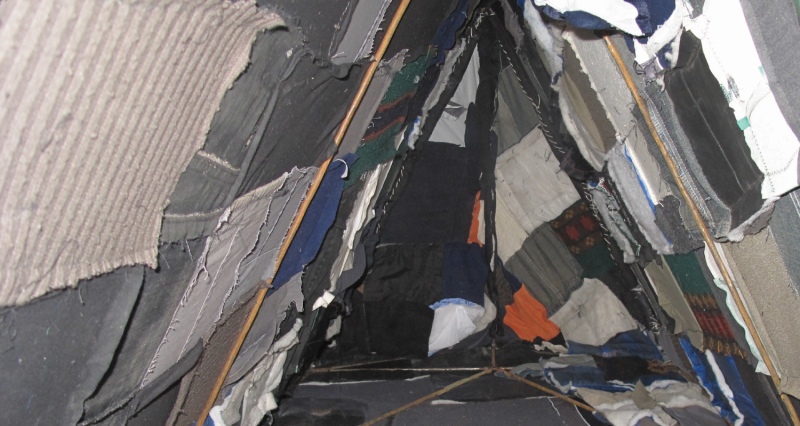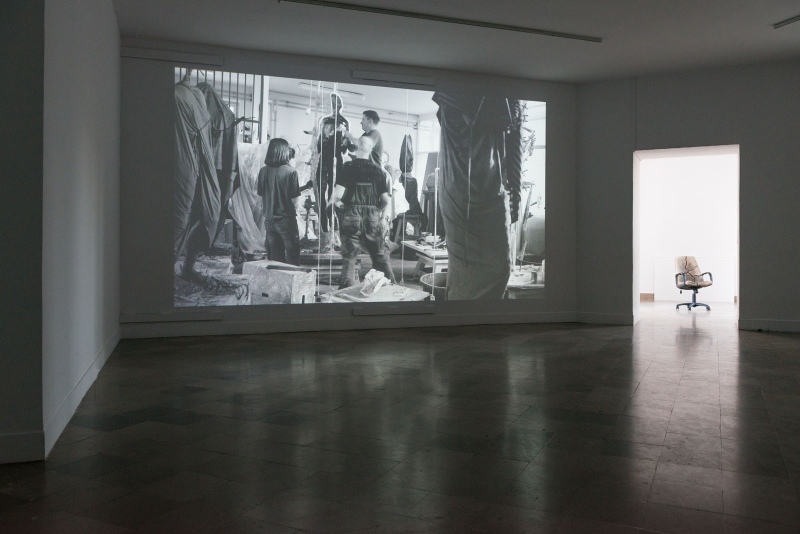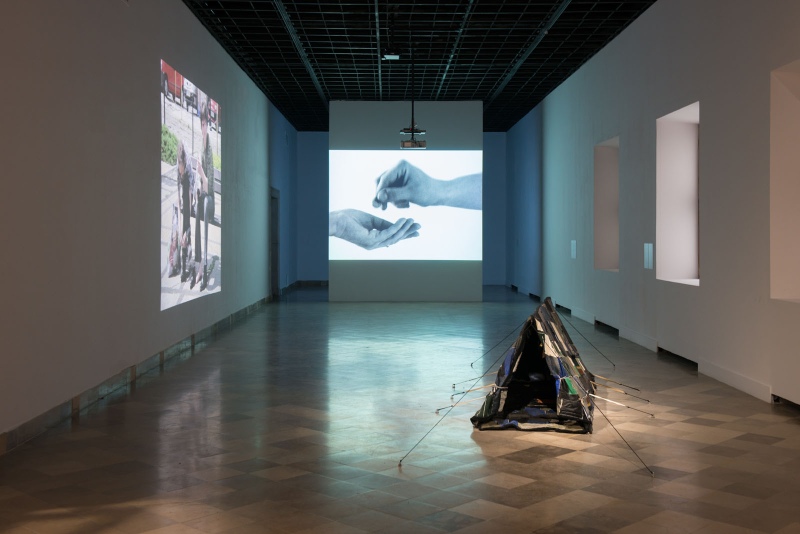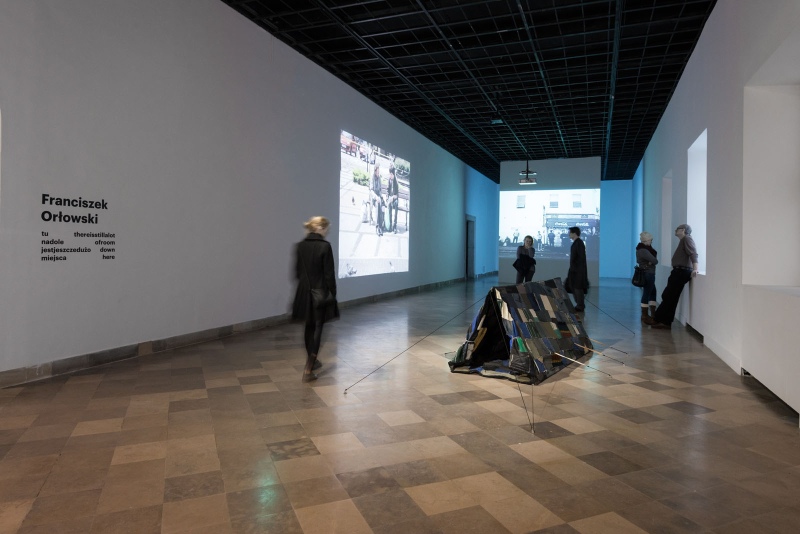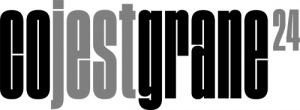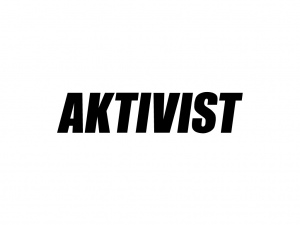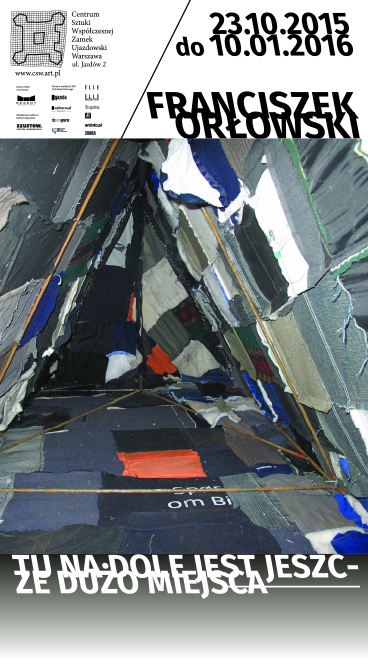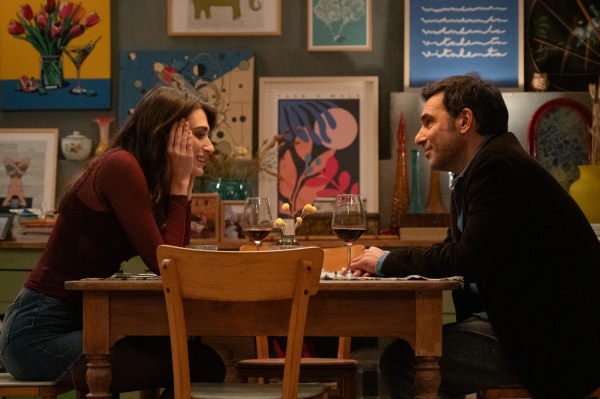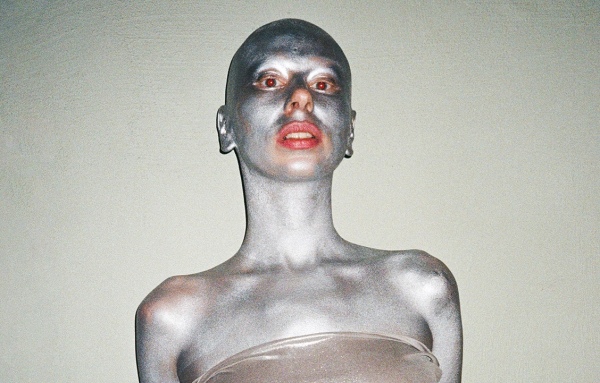Franciszek Orłowski
There is still a lot of room down here
-
"The human being is at the centre of my interest.The individual person, their fate, and their perpetual being in a contemporary social, economic and political space."
- Franciszek Orłowski
There is still a lot of room down here is the first exhibition of Franciszek Orłowski to review the work of this intriguing artist, considered one of the most famous Polish figures of the younger generation. In his work, Orłowski expresses thoughts and feelings associated with the experience of living in a young democracy, a capitalist social and economic system, as well as the role which artists and art can play in them.
The exhibition's title is rather quizzical. It imposes no meaning, instead, it proposes to open one’s eyes and take a look around. It leaves an open space for one’s own observations, insights, and reflections.
The words there is still a lot of room down here can refer to behavior at the microscale, whose purpose is to remove from sight, from such a space as a house or flat, things that are no longer needed or effective and to relocate them somewhere at the bottom (e.g. in the basement or in the closet). On a larger scale, a macro-scale or global-scale, the exhibition's title can be applied to actions of a similar nature, whose consequence, as a result of inequality, is not only the relocation of objects to the lower parts of the exfoliated modern world, but also of entire social groups or communities.
Franciszek Orłowski refers to some of his performative-processual works as symptoms of the effects of inequality, especially those who most often are the victims of it - the homeless and immigrants, who seek (often any type of) work. He carefully looks at the education systems, or more generally, at the actions and practices in contemporary social, economic and political spaces, which perpetuate and deepen inequalities. Orłowski points out that the representative part, which speaks about equality, is fragile, and the symbolic space associated with it is nearing the verge of a collapse.
I assume the future will be irrational, and emotions will play an important role. It is with these words that Franciszek Orłowski points to a further, important theme in his work. On the one hand, in anger and violence, the artist sees an energy which can be used against the “representative” world, and the regulations and rational safeguards implemented under it. In the works of Orłowski, you can discern an apprehension similar to that of Angus Deaton, who said: I worry about a world in which the rich get to write the rules which the rest of us have to obey. On the other hand, the artist points, as Alain Badiou, to an energy of "the heart" and empathy, which by not respecting rights, may also lead to a change in the contemporary world, in its architecture, construction, and functioning.
In the exhibition, the works of Franciszek Orłowski will be presented in two groups. The first group consists of the artist’s older works, often "patchworks," some of them already iconic, such as Kiss of Love (2009), Project "0" (2008-2011) and Fitting Room (2012), dedicated to the homeless and homelessness, both in the social and existential sense. But also inequality. And the quest to be rid of it. They record and simultaneously perpetuate the traces of this social group’s existence, and through them, also the social inequalities. They also express opposition to the exclusion and masking of this uncomfortable part of the social spectrum. On the other hand, affecting the senses of smell and sight, through which nowadays the architects of consumerism influence and shape the individual, they also refer to society, in order to both draw attention to this group, as well as the mechanisms that shape the individuals’ attitudes and the influence, which it is subject to.
The second group consists of newer projects, including Mizukiri (2014, implemented jointly with Jan Szewczyk), Study of Memory (2014), and Acupuncture (2015), related to reflections on space that is symbolic, cultural, and educational. These works are devoted to shaping social attitudes, regarding heritage and the memory of it, creating a regulated, rational, safe and controlled space, which provides a shield and protection against the irrational and unpredictable, regardless of whether it is based on emotions and feelings identified with the experience of inequality, or the force of the elements associated with the planet and its climate.
- Curator
- Marek Goździewski
- Coordinator
- Patrycja Rómmel
